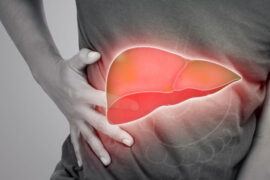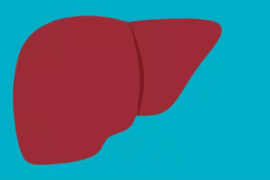Maintaining a balanced diet is crucial for overall health, as both protein deficiency and excessive protein intake can lead to a range of health issues. Protein is essential for various bodily functions, and its deficiency can weaken immunity, harm hair and skin, lead to muscle loss, and cause fatigue. However, excessive protein intake without adequate consideration of other nutrients such as carbohydrates, vitamins, minerals, and fiber can result in complications. High-protein diets may lead to dehydration and digestive problems when insufficient fiber is consumed. Additionally, excessive protein can cause the loss of calcium through urine, potentially impacting bone health. Striking the right balance in one’s diet by incorporating a variety of nutrients is key to promoting good health and preventing potential problems associated with protein imbalances.
The potential health issues associated with excessive protein intake and the importance of a balanced diet. Here’s a breakdown of the key points:
1. Kidney Strain: Excessive protein intake can put additional strain on the kidneys, potentially causing problems, especially for individuals with pre-existing kidney issues.
2. Dehydration: High-protein diets can lead to increased water loss through urine, which may result in dehydration if adequate water intake is not maintained.
3. Nutrient Imbalance: Focusing excessively on protein may lead to neglecting other essential nutrients such as carbohydrates, fiber, vitamins, and minerals, which are vital for overall health.
4. Digestive Issues: Some individuals may experience digestive discomfort, including constipation, when consuming very high levels of protein, especially if the diet lacks sufficient fiber.
5. Bone Health: Excessive protein intake can lead to the loss of calcium through urine, potentially affecting bone health over time. Adequate calcium intake is essential for maintaining strong bones.
6. Potential for Weight Gain: Consuming an excess of calories, even from protein sources, can result in weight gain, especially if overall calorie intake is not carefully monitored. Maintaining a balanced calorie intake is crucial for weight management.
In summary, while protein is a crucial nutrient for various bodily functions, it’s essential to maintain a balanced diet that includes a variety of nutrients to support overall health. Overconsumption of protein without attention to other nutrients can lead to several health complications. A well-rounded diet that provides the right balance of protein, carbohydrates, fiber, vitamins, and minerals is key to promoting good health and preventing potential issues associated with excessive protein intake. Consulting with a healthcare professional or nutritionist can help individuals create a diet plan that meets their specific needs and goals.
Disclaimer:
The information contained in this article is for educational and informational purposes only and is not intended as a health advice. We would ask you to consult a qualified professional or medical expert to gain additional knowledge before you choose to consume any product or perform any exercise.








